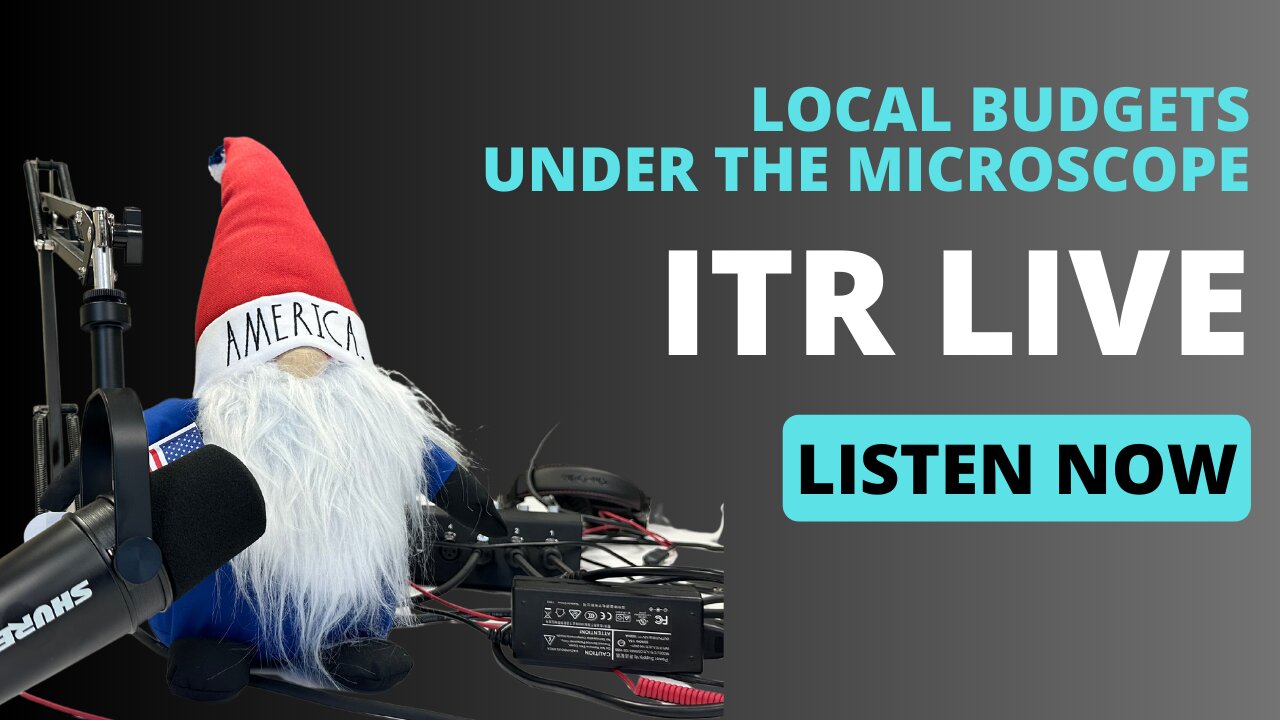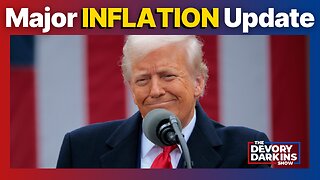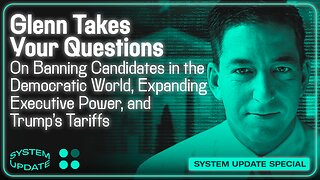Premium Only Content

Local Budgets Under the Microscope: Property Tax Pressures in Iowa
Universal Basic Income (UBI) is a concept that has generated considerable discussion across political and economic spectrums. In essence, **UBI** involves regular, unconditional payments made by the government to individuals, regardless of their employment status or wealth. The idea, popularized by figures such as Andrew Yang during the 2020 presidential campaign, strives to assure a minimum level of income for all, potentially replacing an array of existing social welfare programs.
There is an ongoing debate about the merits and drawbacks of UBI. Proponents argue that it can help alleviate poverty, simplify government welfare schemes, and reduce the administrative overhead associated with various entitlement programs. On the other hand, critics contend that UBI could disincentivize work, lead to higher taxes, and result in inflation. Moreover, the effectiveness of UBI in reducing poverty without discouraging work has been a central point of discussion.
Some local government entities in Iowa have embraced the idea of UBI and have initiated pilot programs. Central Iowa, in particular, has seen collaborations between governmental units and nonprofit organizations to test the viability of UBI. For instance, several hubs including Polk County, the cities of Des Moines, Urbandale, and Windsor Heights have pooled resources, investing around $865,000 into a UBI pilot program.
Citizens in these communities are being selected to receive a few hundred dollars monthly for a period of two years. However, this approach has raised questions about transparency and the selection criteria—how are recipients chosen, and by what standards? While the pilot programs aim to eliminate subjective biases by keeping the selection process "blind," this lack of clarity has caused unease among residents who contribute through taxes but have limited visibility into the allocation of funds.
The debate around the federal regulations concerning the replacement of lead pipes signifies a serious public health and financial dilemma. For many Iowan residents, especially the elderly on a fixed income, the cost of replacing lead pipes can be daunting. Highlighting the case of an elderly homeowner like Sarah Curry’s grandma, the real-life impact of these regulations brings to light larger questions of affordability and practicality.
Communities and local governments are critically examining how to confront the dual challenge of aligning with federal regulations and protecting their residents from financial hardship. This may involve exploring various strategies that balance public health concerns with financial realities.
-
 29:59
29:59
The Brett Cooper Show
3 days ago $8.10 earnedHow This Sparked A MASSIVE Parenting Debate Online | Episode 20
22.5K67 -
 17:55
17:55
DeVory Darkins
12 hours ago $9.10 earnedCNN crushed by pronouns as Trump scores HUGE VICTORY
31.4K52 -
 2:48:33
2:48:33
Barry Cunningham
13 hours agoWATCH LIVE: MY INTERVIEW WITH LARA TRUMP! AND TODAY'S NEWS ABOUT DEMOCRATS HATING AMERICA!
61.8K24 -
 3:12:15
3:12:15
TimcastIRL
6 hours agoLiberals BLAME TRUMP For NYC Tourist Helicopter Crash After Tragic Accident | Timcast IRL
221K136 -
 1:16:36
1:16:36
Glenn Greenwald
9 hours agoGlenn Takes Your Questions: On Banning Candidates in the Democratic World, Expanding Executive Power, and Trump's Tariffs | SYSTEM UPDATE #437
117K45 -
 40:09
40:09
Friday Beers
7 hours ago $5.06 earnedWii Golf Gets Heated: Friday Beers vs Full Squad Gaming
41.9K -
 44:53
44:53
Man in America
14 hours agoThe DISTURBING Truth About Tariffs That NO ONE Is Talking About
52.2K47 -
 32:30
32:30
Stephen Gardner
6 hours ago🚨BREAKING: Trump under INVESTIGATION for Stock Market Manipulation!
44.8K134 -
 59:50
59:50
Motherland Casino
4 hours agoMel x Zofie
18.3K3 -
 44:54
44:54
Ami's House
2 days agoThe Dave Smith Debate is Broken. Here's a Better Way In | Dave's Rogan Appearance
40.4K7